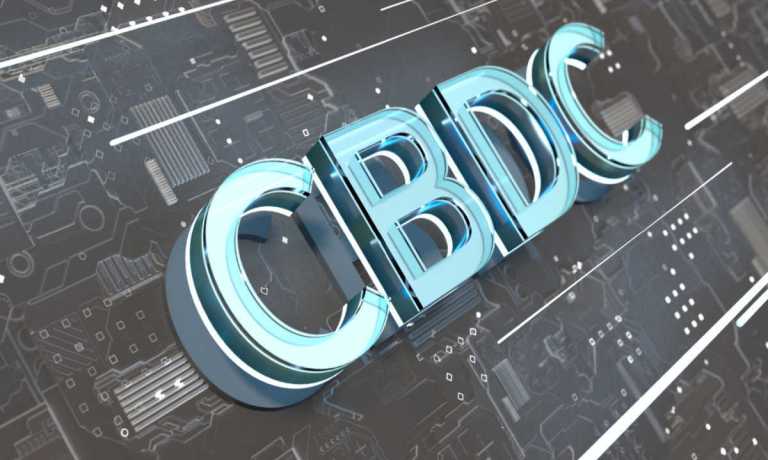A bipartisan group of lawmakers wants the Federal Reserve to speed efforts to issue a digital dollar and thus prevent countries like China from endangering the U.S. position as the world’s reserve currency.
As The Wall Street Journal reported Monday (Aug. 8), the group — which includes Rep. Maxine Waters (D-Calif.) and Rep. French Hill (R-Ark.) — want the U.S. to launch its own digital currency to counter other nations doing the same.
Both Hill and Waters serve on the House Financial Services Committee, which could vote on related legislation next month. Waters has referred to the efforts to launch a central bank digital currency (CBDC) as “a new digital assets space race.”
See also: House Bill Calls for Creation of Crypto-Less, Privacy-First Digital Dollar
Waters has drafted legislation that would require the Fed to study a digital dollar, building on its existing efforts on the matter and setting up a framework to issue a central bank digital currency (CBDC) someday.
As the Journal story notes, the Biden administration and the Fed don’t seem to share her urgency. Fed Chairman Jerome Powell has said it is more important to be right than to be first when introducing a digital dollar, partially because of the dollar’s important global role.
Advertisement: Scroll to Continue
Read more: Is the US Behind on a Digital Dollar?
Last month, PYMNTS reported on comments from Josh Lipsky, senior director at the Atlantic Council’s GeoEconomics Center, who said that about 50 countries are either developing or preparing to launch a CBDC.
Roughly half the nations putting together a digital currency are ahead of the U.S., which has “moved more slowly because of privacy concerns,” Lipsky said.
He added that the digital dollar project is falling behind others, which means that the U.S. could miss the chance to set the standard when questions about interoperability arise.
“If you think countries are going to look to alternatives to the current financial system, alternatives around SWIFT, alternatives to bank-to-bank dollar transactions, wholesale CBDCs actually open up some avenues for them,” Lipsky said.




